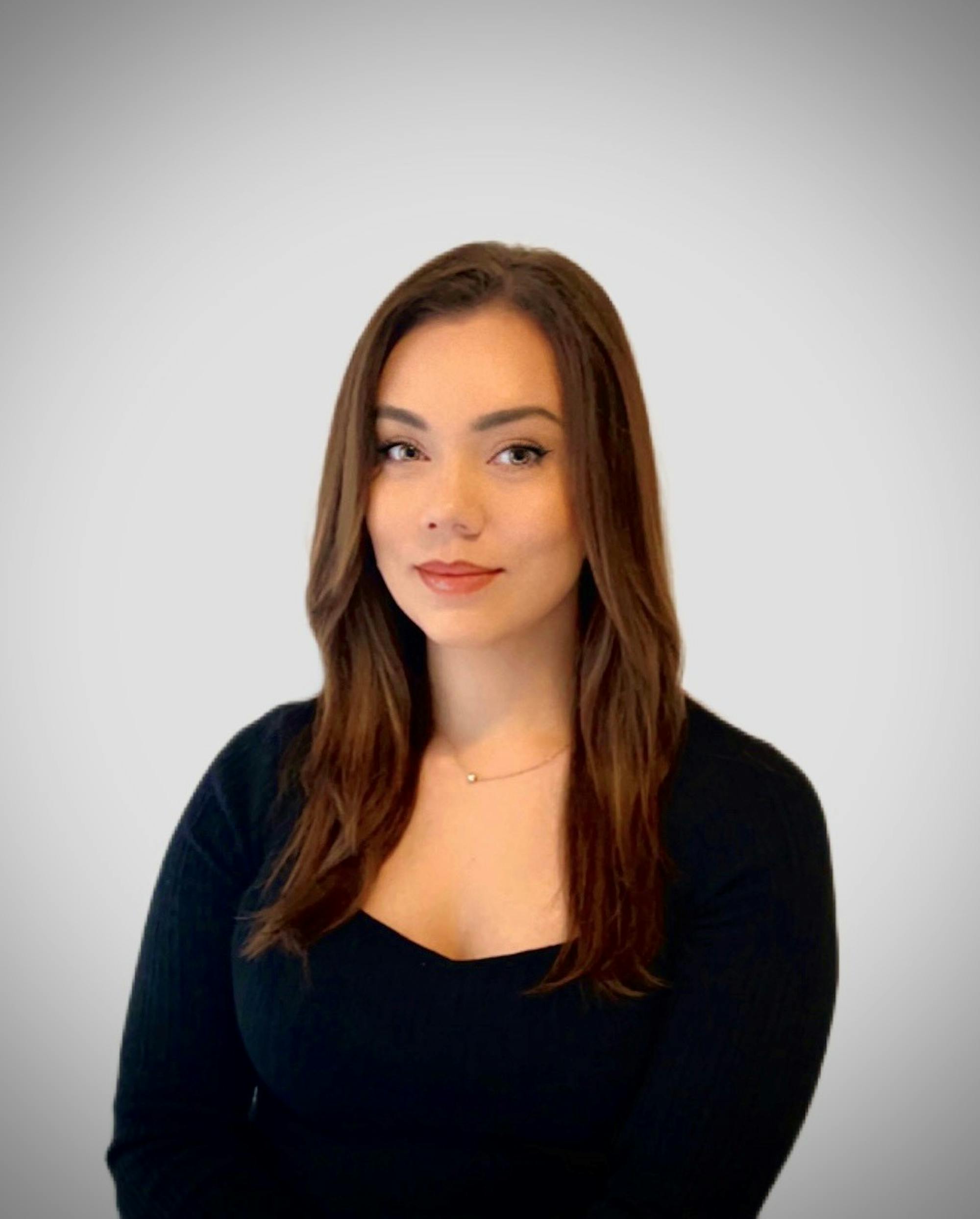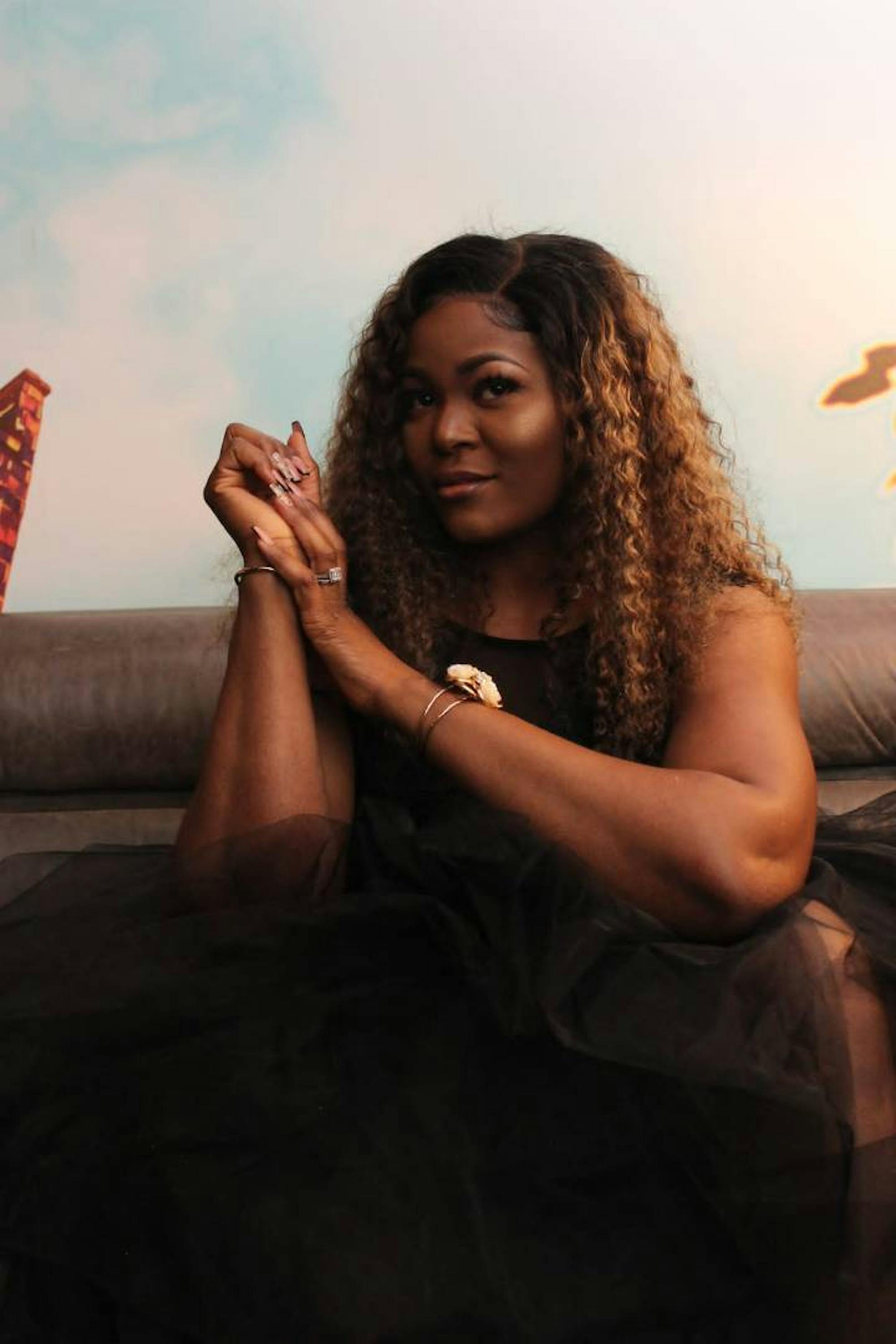Kathryn Rivard did not want to feel good about herself.
That is, Rivard didn't start volunteering in order to feel good about herself, although studies show that giving time has benefits for volunteers. Potentially, the experience can help people make friends, find career opportunities, maintain better health, even keep their blood pressure down. Many feel an enhanced sense of well-being and purpose, another way of saying they feel good about themselves.
Volunteer challenge
During the month of March, The Star Tribune will be exploring the various elements of volunteering, from how to find an opportunity that fits you to how helping others can have a boomerang effect and make your life better.
But Rivard volunteered because she wanted to help other people.
"Volunteering is a very self-serving thing if you do it because it makes you feel good," said Rivard, a 34-year-old technology worker who lives in Maple Grove. "I don't want to volunteer just because it makes me feel good. I want to do something because I know it's helping someone else, and I can see that."
Not everyone minds getting benefits in return, but ultimately most volunteers share the goal of helping others — after all, there are easier or more reliable ways of controlling blood pressure. Over the past month, as part of the Star Tribune's Volunteer Challenge, we've discussed what motivates people to volunteer, which can vary widely, and how to choose a style of volunteering, including informal or pro-bono roles, and how to decide on a particular area in which to help, such as homelessness or social injustice or animal abuse.
For the final segment in the series, we talked to people who've had recent experiences in volunteering to find out how it worked out for them and what personal benefits they've received (even if they weren't looking for any).
Kathryn Rivard
A couple of years ago, Rivard started investigating methods for self-discovery and self-improvement. But the activities that she saw recommended, such as journaling, struck her as self-serving. She decided to volunteer instead.
Her first role, presenting an after-school art class for teenagers, was not a good fit. Many of the teens didn't want to be there, and said so; Rivard didn't feel she was helping them much. She stayed through the year, but when the class was over, she took a break.
Then, early last fall, Rivard found a position that better suited her goals. She started working in the New Hope/Plymouth location of TreeHouse, a 44-year-old Minneapolis-based organization that's "on a mission to end hopelessness among teens," with branches throughout the Twin Cities as well as elsewhere in Minnesota and in several other states.
"Once I got in there I said, 'Yes, this is what I want to do.'"

Kathryn Rivard
Teens can visit TreeHouse once a week, divide into small groups, and go around the circle discussing the emotions they grappled with during the previous week.
"A lot of these teens have had struggles, maybe had abuse in their past, don't have a steady stable adult in their life — a parent or whatever else — maybe they've been in the system, whether it be the juvenile system or the foster system," Rivard said.
"We really just want them to know they have a safe space. A lot of these kids don't have another place to talk about their emotions and feel supported. It takes a while for them to open up. But when they do, it's like night and day — you can really see the change in them."
One of the reasons Rivard chose TreeHouse is that she experienced struggles of her own as a teenager. Her parents divorced, and although they were always supportive, they faced a lot of financial strain. "I felt a very heavy weight on my shoulders to be able to provide for myself," she said.
Her experiences help her connect with the teens' emotions.
"Some days I feel absolutely drained from it," she said. "Some of them are very hard-hitting subjects. ... It can be hard to hold back tears sometimes and not get emotional about it."
Despite having renounced volunteering benefits, Rivard has felt "a sense of pride," she said. "I can see that it makes a huge difference to them that some adult's listening to them and not shutting down what they're saying. ... That gives me a lot of satisfaction."
Charlie Caven
As a junior studying business at the University of St. Thomas, Charlie Caven took a class in which students volunteered for a nonprofit organization.
"The university gave us a list of hundreds and hundreds of nonprofits in the Twin Cities area, so I had a lot to choose from," he said.

Charlie Caven
The 21-year-old, originally from Maple Grove, chose Friends for a Nonviolent World, an organization founded by Quakers (though volunteers need not be Quakers) dedicated to six core Quaker values: peace, simplicity, integrity, equality, community and stewardship. "I liked their mission statement, what they're trying to accomplish."
Caven was a pro bono-style volunteer throughout January, using his business skills to help the nonprofit. "It was an awesome experience," he said. He worked with programs and lists, examined budgeting and financial statements, organized information in Excel format.
"I enjoyed it," he said. "I think I might try to go back over the summer. I still keep in touch with them."
The experience strengthened his professional skills, he said. "I kind of treated it as like a mini-internship. I got some good work experience out of it, too."
Join the Volunteer Challenge on Facebook
During the month of March, The Star Tribune will be exploring the various elements of volunteering, from
how
to find an opportunity that fits you to how helping others can have a boomerang effect and make your
life
better. And each Saturday, we'll lay down a challenge for an action you can take. Join this group to
share
details of your journey and help keep each other motivated.
Join here
Vestal Enebeli
After a year of watching her daughter participate in Girl Scouts River Valleys, a mentored group especially for girls who are Black, Indigenous or people of color, Vestal Enebeli decided she wanted to help. She signed up to be among the troop's three leaders.

Vestal Enebeli
Since then, Enebeli has helped conduct charitable events — the annual Girl Scout cookies program, of course, as well as a drive to collect blankets for people who need them. They also organized a career day, which introduced the girls to a pharmacist, doctor, hairstylist and woman in government, former Brooklyn Park Mayor Lisa Jacobson.
"The amount of time we dedicate to the Girl Scouts leading this troop is amazing," she said. "Now as the troop leader I see all the work that goes on behind the scenes. It's not about just organizing a fun play date."
Enebeli has watched how the experiences have helped her daughter grow, such as remembering to behave in "the Girl Scout way" (being courteous and respectful).
"Just seeing the smile in the girls' faces every time we meet" has been rewarding, Enebeli said. "Seeing the growth in the girls is a very positive experience."
